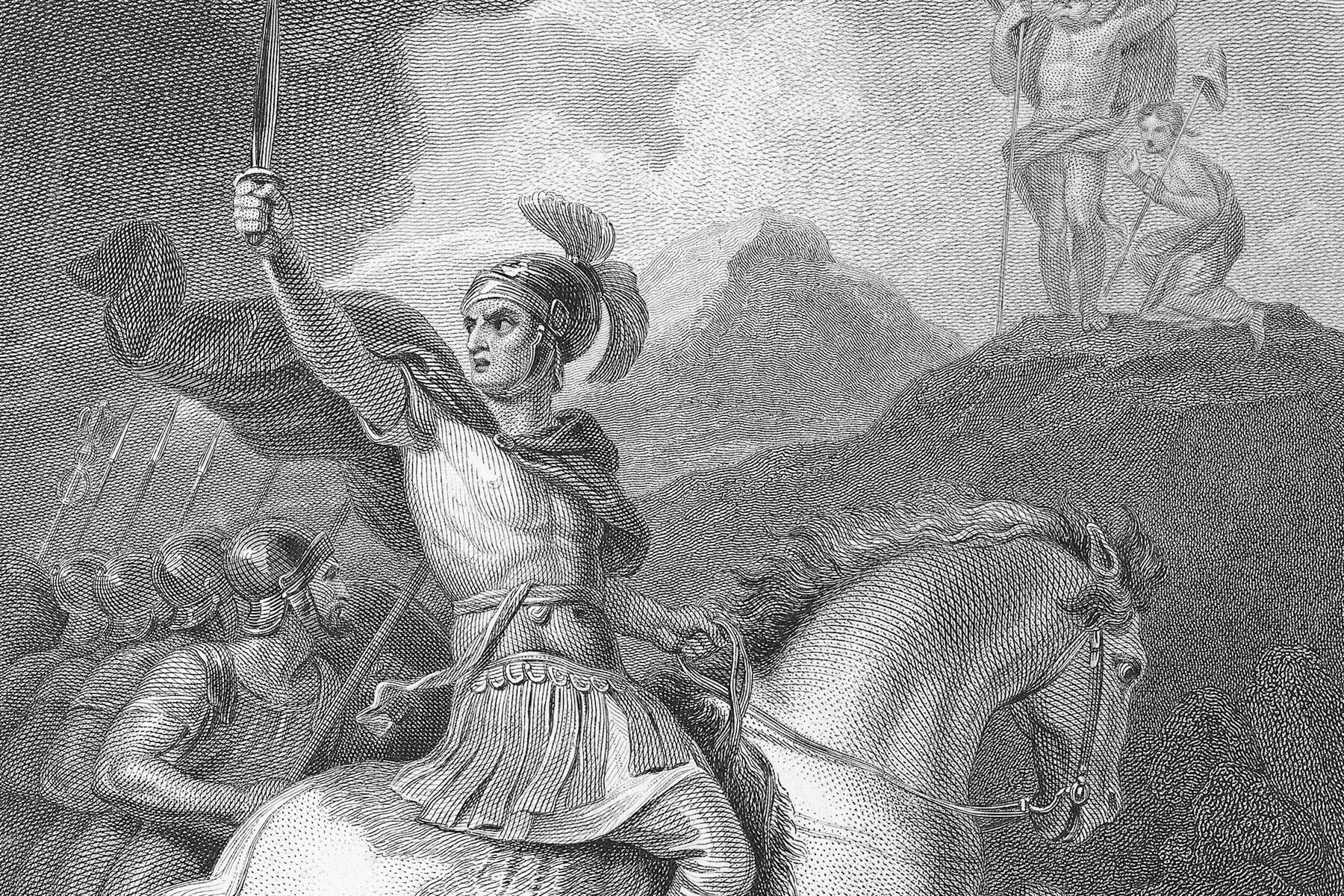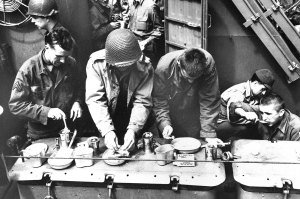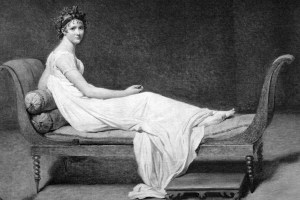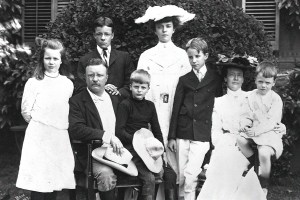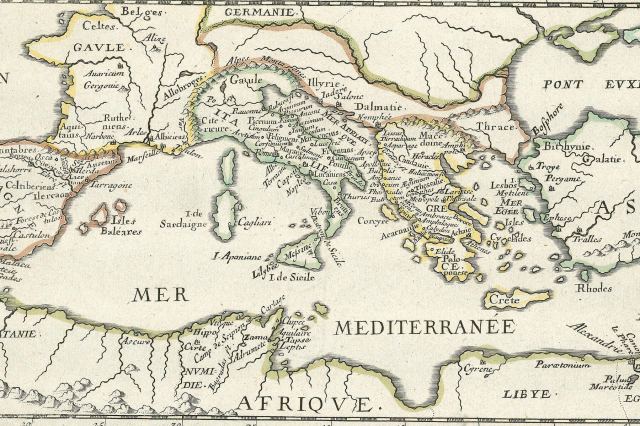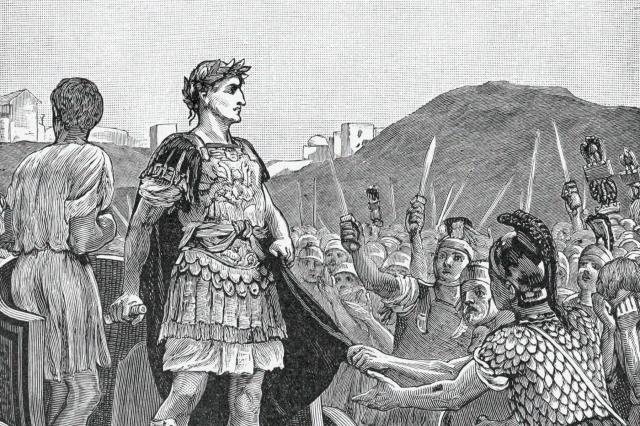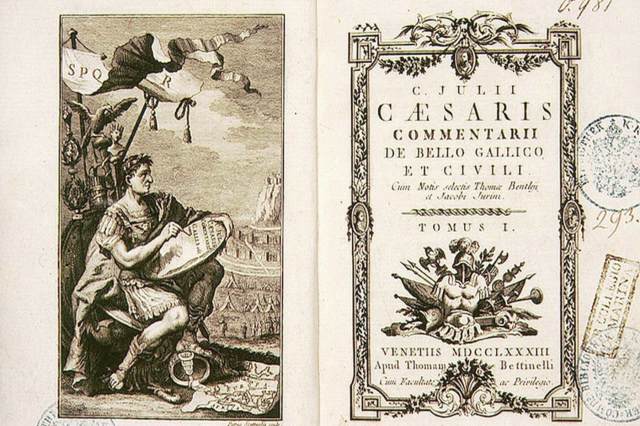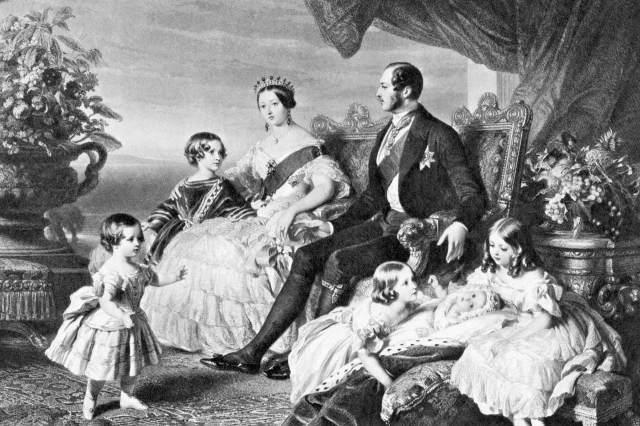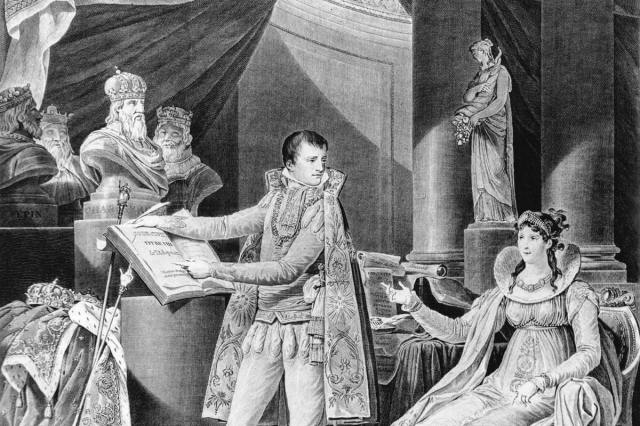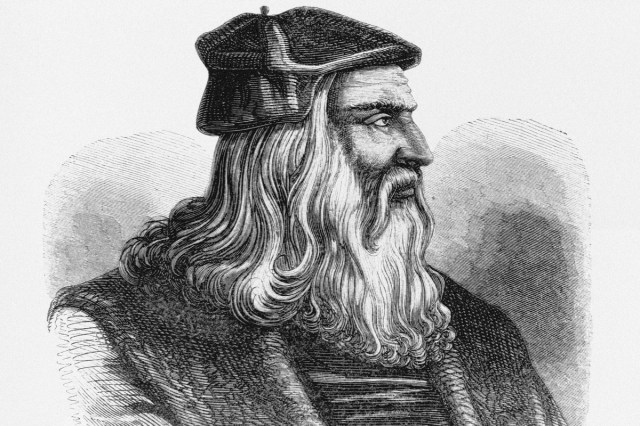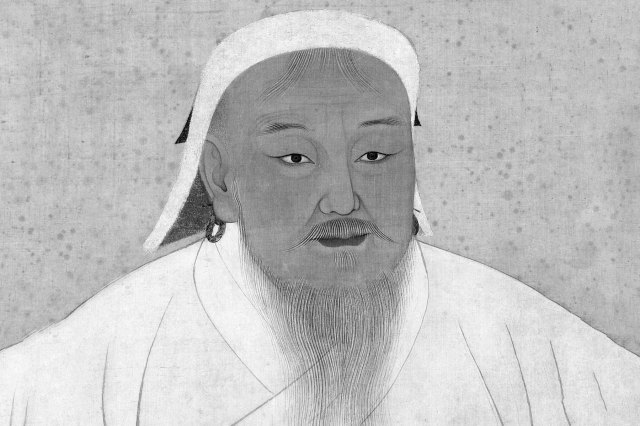5 Ways Julius Caesar Changed the World
He may not have ruled the Roman Republic for very long, but Julius Caesar left behind a towering legacy. From his early days as a young aristocrat to his rise as a triumphant military leader, Caesar’s lofty aspirations, unrelenting conquests, and political reforms made him a revered leader. Almost as quickly as he ascended to unrivaled authority, he was dramatically assassinated, leading to civil upheaval and the demise of the Roman Republic — which ultimately heralded the start of the Roman Empire. Caesar remains respected for his strategic brilliance and studied for the far-reaching implications his actions had on Western civilization — including these five ways that Caesar’s life and legacy helped shape the world.

His Death Triggered the Rise of the Roman Empire
In 49 BCE, Caesar was a successful military general and popular political leader, having skillfully led the Roman army in Gaul for eight years. But his influence and growing power clashed with the Roman Senate’s desire to maintain power in the republic. Fearing Caesar’s aspirations as his governorship of Gaul came to an end, the Senate demanded he disband his legions and return to Rome on his own. Caesar instead famously crossed the Rubicon, leading his army across a small stream separating Italy from Gaul. The move violated Roman law and marked the beginning of a four-year civil war between Caesar’s forces and those of his former ally Pompey, from which Caesar emerged victorious.
When he returned to Rome in 46 BCE, Caesar became dictator of the republic. After two years and several more military victories, Caesar declared himself dictator perpetuo — dictator in perpetuity. This unprecedented authority effectively eroded the traditional checks and balances of the Roman Republic and spurred a group of senators to assassinate Caesar on March 15, 44 BCE. His death plunged Rome into further chaos; a power struggle among Caesar’s key supporters, most notably his adopted heir Octavian (later known as Augustus) culminated in the end of the Roman Republic and the eventual rise of Augustus as the first Roman emperor.





